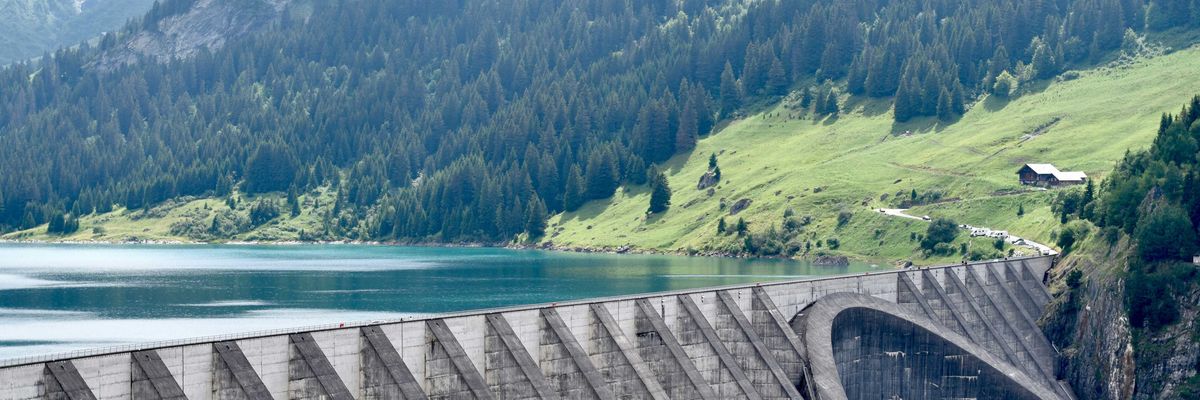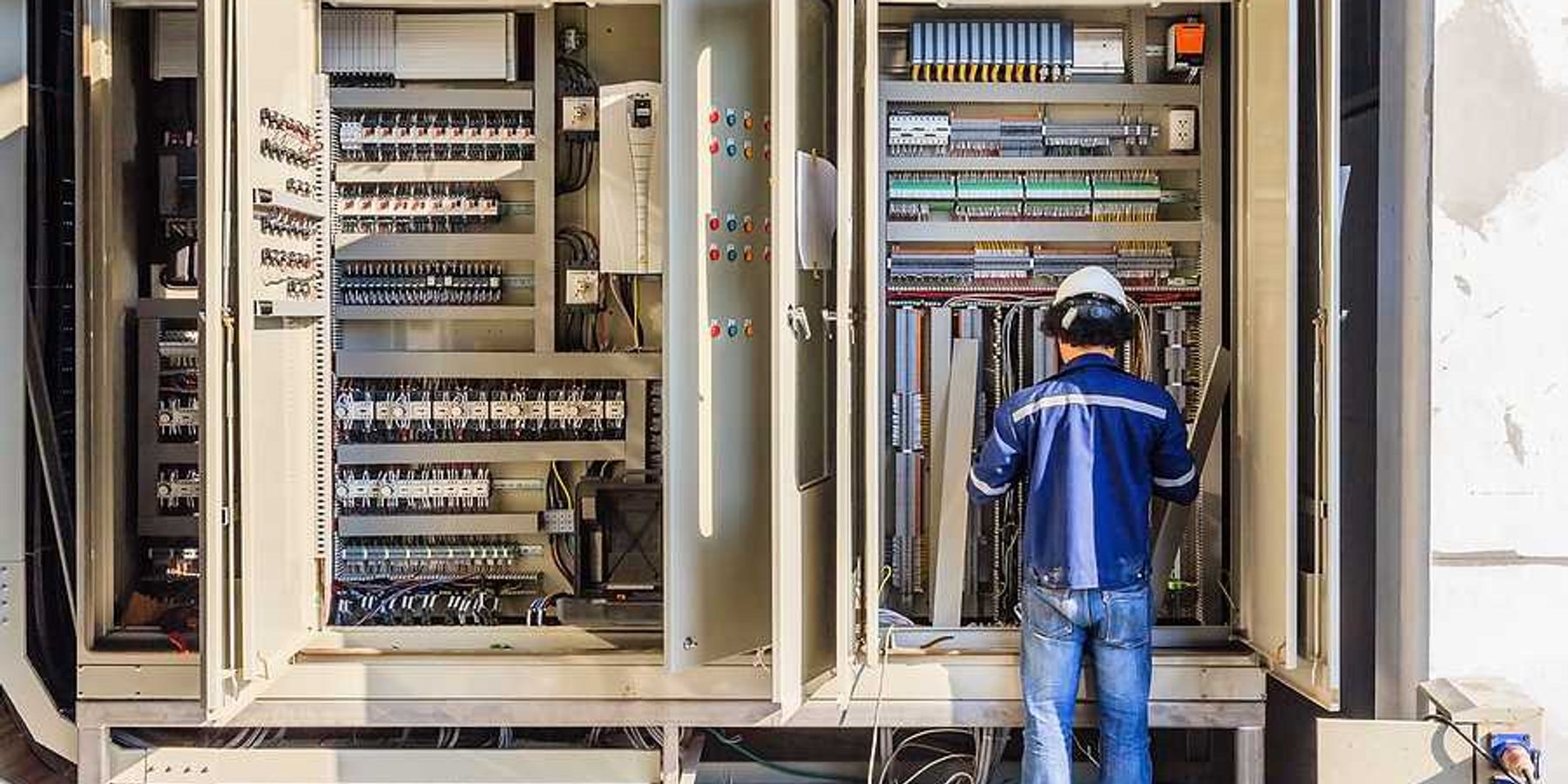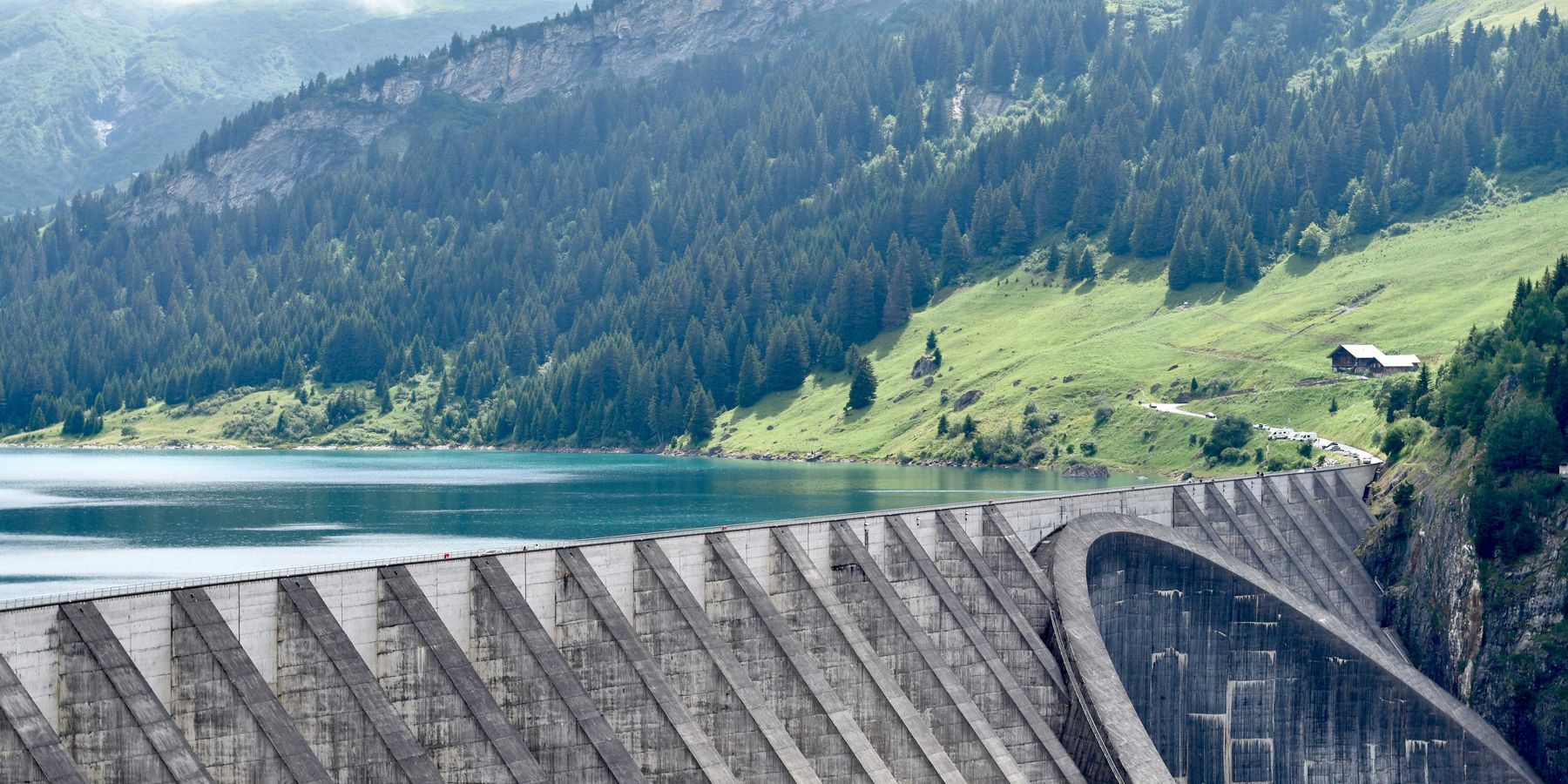septic systems
Rising sea levels threaten septic systems in the South
Rising sea levels are causing septic system failures in South Florida, posing significant health and environmental risks.
Brady Dennis, Kevin Crowe, and John Muyskens report for The Washington Post.
In short:
- Flooding and malfunctioning septic systems are common in Miami neighborhoods, contaminating waterways with untreated sewage.
- Sea levels in the South have risen significantly, pushing groundwater higher and compromising septic system functionality.
- Miami-Dade County is investing heavily to replace septic systems with municipal sewer connections, a costly and extensive project.
Key quote:
“These are ticking time bombs under the ground that, when they fail, will pollute.”
— Andrew Wunderley, executive director of the nonprofit Charleston Waterkeeper
Why this matters:
Septic systems, which manage waste from homes and businesses not connected to centralized sewer systems, are designed to treat and disperse wastewater safely into the ground. However, with the water table rising due to climate change, these systems are increasingly unable to function properly. When groundwater levels rise, they can inundate the drain fields of septic systems, causing untreated or partially treated sewage to back up into homes or, worse, leach into the environment.
Be sure to read: What happens when you flush?
Septic tank permitting in Maryland faces backlogs, staff shortages
A cycle of septic repairs, washouts on park service beaches
Rising seas could swallow 650,000 privately-owned properties by 2050
Lakeside vacation towns have a controversial poop problem
A pair of new laws tackle cyanobacteria, water quality in NH
Backed-up pipes, stinky yards: Climate change is wrecking septic tanks
As climate change intensifies, septic failures are emerging as a vexing issue for local governments.









